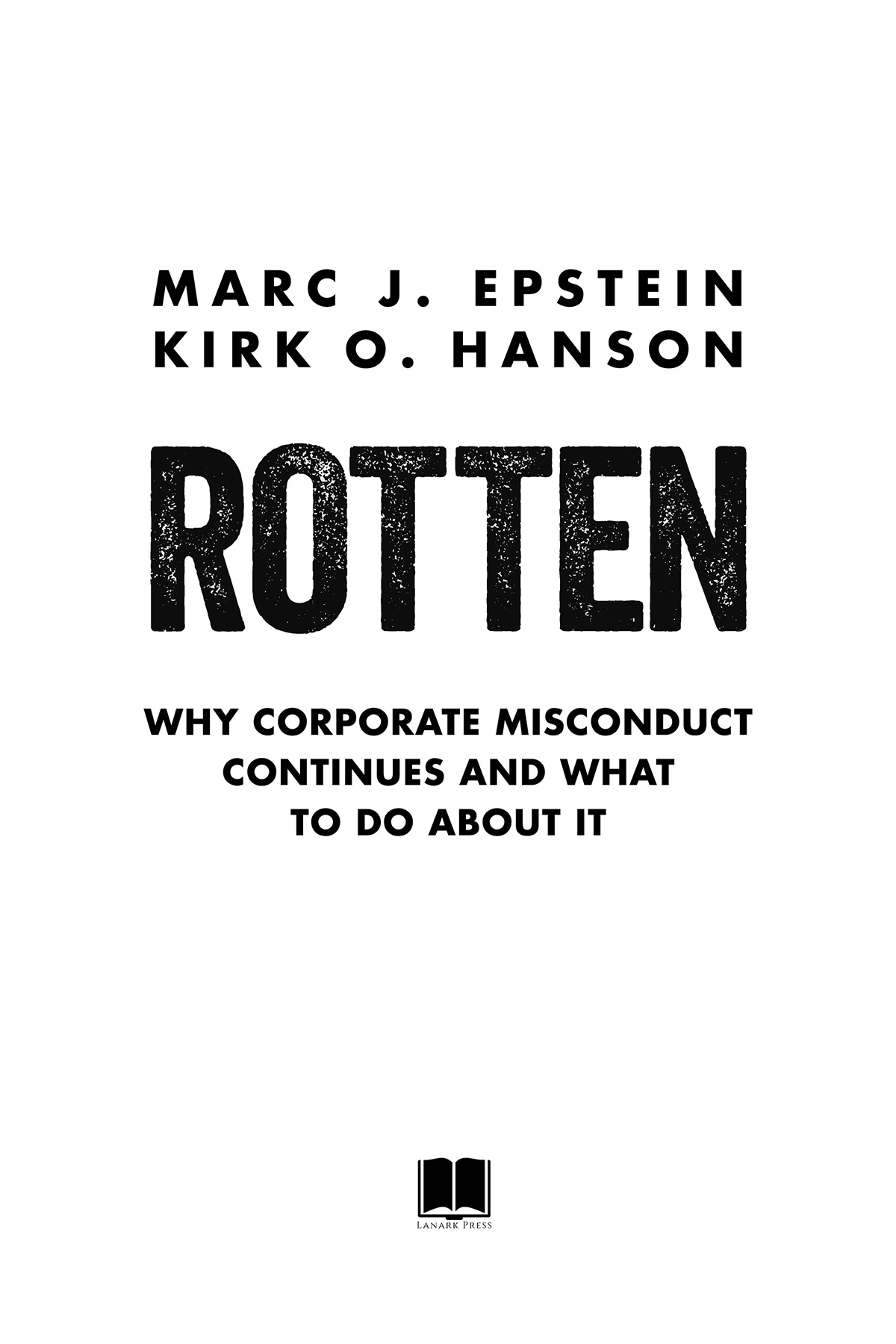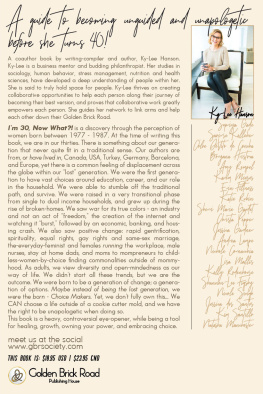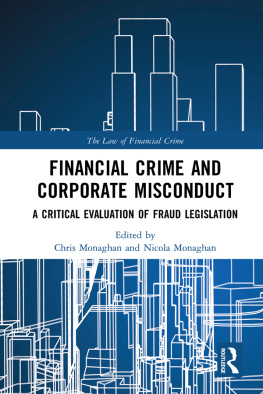Hanson Kirk O. - Rotten: Why Corporate Misconduct Continues and What to Do about It
Here you can read online Hanson Kirk O. - Rotten: Why Corporate Misconduct Continues and What to Do about It full text of the book (entire story) in english for free. Download pdf and epub, get meaning, cover and reviews about this ebook. year: 2020, publisher: Lanark Press, genre: Business. Description of the work, (preface) as well as reviews are available. Best literature library LitArk.com created for fans of good reading and offers a wide selection of genres:
Romance novel
Science fiction
Adventure
Detective
Science
History
Home and family
Prose
Art
Politics
Computer
Non-fiction
Religion
Business
Children
Humor
Choose a favorite category and find really read worthwhile books. Enjoy immersion in the world of imagination, feel the emotions of the characters or learn something new for yourself, make an fascinating discovery.

- Book:Rotten: Why Corporate Misconduct Continues and What to Do about It
- Author:
- Publisher:Lanark Press
- Genre:
- Year:2020
- Rating:3 / 5
- Favourites:Add to favourites
- Your mark:
- 60
- 1
- 2
- 3
- 4
- 5
Rotten: Why Corporate Misconduct Continues and What to Do about It: summary, description and annotation
We offer to read an annotation, description, summary or preface (depends on what the author of the book "Rotten: Why Corporate Misconduct Continues and What to Do about It" wrote himself). If you haven't found the necessary information about the book — write in the comments, we will try to find it.
Hanson Kirk O.: author's other books
Who wrote Rotten: Why Corporate Misconduct Continues and What to Do about It? Find out the surname, the name of the author of the book and a list of all author's works by series.
Rotten: Why Corporate Misconduct Continues and What to Do about It — read online for free the complete book (whole text) full work
Below is the text of the book, divided by pages. System saving the place of the last page read, allows you to conveniently read the book "Rotten: Why Corporate Misconduct Continues and What to Do about It" online for free, without having to search again every time where you left off. Put a bookmark, and you can go to the page where you finished reading at any time.
Font size:
Interval:
Bookmark:

Lanarkpress.com
Design: Paul Barrett
ISBN (hardcover): 978-1-7353361-0-7
ISBN (paperback): 978-1-7353361-1-4
ISBN (ebook): 978-1-7353361-2-1
First edition
- Some people are bad . Many argue that the blame should be focused on the schools, families, and churches that have failed at teaching the ethics necessary to be a responsible adult. Thus, there is little that companies can do with employees who lack the required ethical foundations. In this book, we call this the bad-apple theory.
- Some companies are bad . Others argue that it is most often not the fault of the individual employees but rather the systems of incentives, rewards, performance evaluation, governance, and control in organizations that permit and sometimes even encourage unethical behavior. We call this the bad-barrel theory.
- The economic system itself is bad. Still others suggest that particular industries, geographies, or marketplaces are so corrupted that it is difficult for ethical individuals or organizations to survive unless they adopt the corruption around them. We call this the bad-orchard theory.
- In 2008, widespread financial manipulation and outright fraud by respected banks and mortgage companies brought the economy to its knees. Hundreds of thousands lost their homes and jobs.
- In 2014, General Motors issued a massive recall relating to ignition switches on approximately eight hundred thousand vehicles. In order to avoid expensive required testing, an employee had given a new part the same number as an old part. When it was installed, the new part often failed, leading to over one hundred deaths in unnecessary accidents.
- In 2015, the #MeToo movement on social media caught fire, leading to the public disclosure of some of the worst instances of sexual harassment and exploitation of women in business and finally motivating companies to take action. The Black Lives Matter movement, which began in 2013, expanded this intense scrutiny to corporate opportunities for all people of color.
Font size:
Interval:
Bookmark:
Similar books «Rotten: Why Corporate Misconduct Continues and What to Do about It»
Look at similar books to Rotten: Why Corporate Misconduct Continues and What to Do about It. We have selected literature similar in name and meaning in the hope of providing readers with more options to find new, interesting, not yet read works.
Discussion, reviews of the book Rotten: Why Corporate Misconduct Continues and What to Do about It and just readers' own opinions. Leave your comments, write what you think about the work, its meaning or the main characters. Specify what exactly you liked and what you didn't like, and why you think so.







